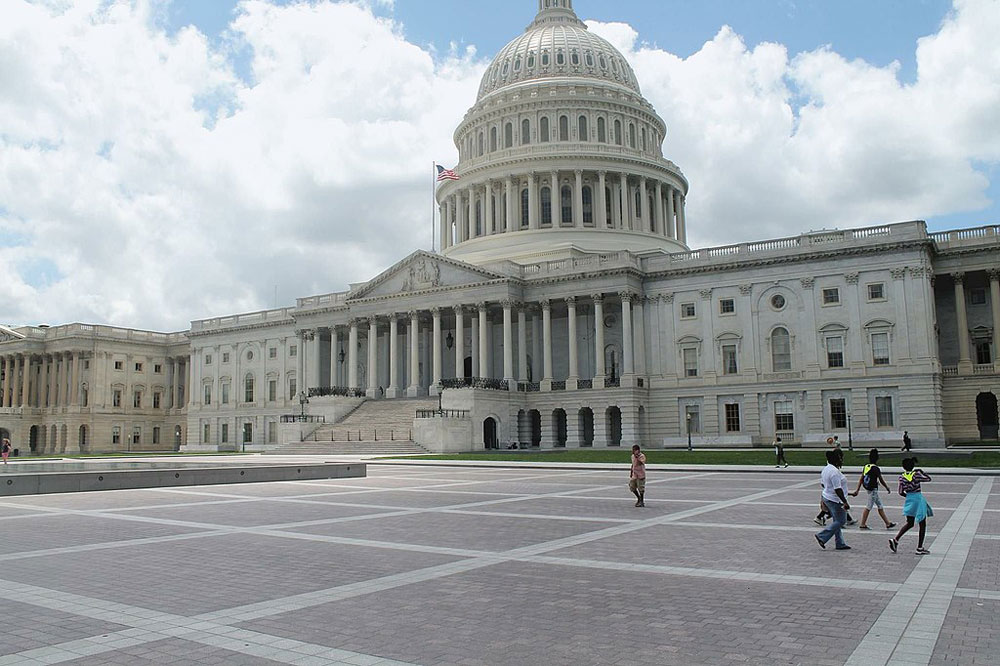September 1, 2011; Source: MySouthEnd.com | Many of the newer open spaces in American cities are the creation of public-private partnerships. That might sound just dandy, but as landscape architect and urban designer Shirley Kressel points out in the online edition of Boston’s South End News, this can create problems. Kressel leads with the case of the park in Boston’s historic Post Office Square. The park sits directly atop a parking garage, which is operated for profit by a private development group that also manages and maintains the park. Kressel’s problem with this deal is that in exchange for managing the park the development group pays no taxes on the garage, a break that saves the group ten dollars for every dollar it spends on the park. And yet, despite this lavish subsidy, the park in Post Office Square is by no means managed like public land.
Says Kressel,
Free speech and free assembly are prohibited in the park. Private surveillance cameras surround the park, and parents playing ball with a child, casual musicians, citizens collecting political signatures or distributing political information, groups of visitors, people wielding cameras, and persons lying on benches or appearing to be asleep—don’t sit with your eyes closed sunning your face!—may be asked to leave.
The park, which is meticulously maintained by a “Friends” organization that is actually the same private group that operates the garage, is treated as a somewhat restricted space. It’s an oasis where local office workers can sit outside to have lunch. Kressel points out that the property-tax break makes it feasible for the development group to leave the space atop the garage undeveloped—increasing sun exposure to the area and increasing the value of the office buildings that surround it. Kressel goes on to list numerous other open spaces in Boston that are operated in a similar fashion and concludes,
Sign up for our free newsletters
Subscribe to NPQ's newsletters to have our top stories delivered directly to your inbox.
By signing up, you agree to our privacy policy and terms of use, and to receive messages from NPQ and our partners.
Contributors to public services are looking to advertise products, or enhance their nearby property values, or garner politicians’ favors or community good—will that cost us later, in tax breaks, land deals, and regulatory indulgences?
Often, civil rights are also sacrificed, as private benefactors don’t have to treat us all as equal citizens in their public domain. They can concern themselves with property rights rather than civil rights, and they are free of public accountability.
The greatest cost in the take-over of public services by private interests is a civic one. It is the fracture of the social contract for mutual obligations and power balances between government and citizen—the contract for democracy.
By the way, Kressel has answered some of my questions about the odd rules and uncomfortable vibe in Post Office Square, which is right around the corner from the NPQ offices. What do you think of her critique?—Ruth McCambridge











